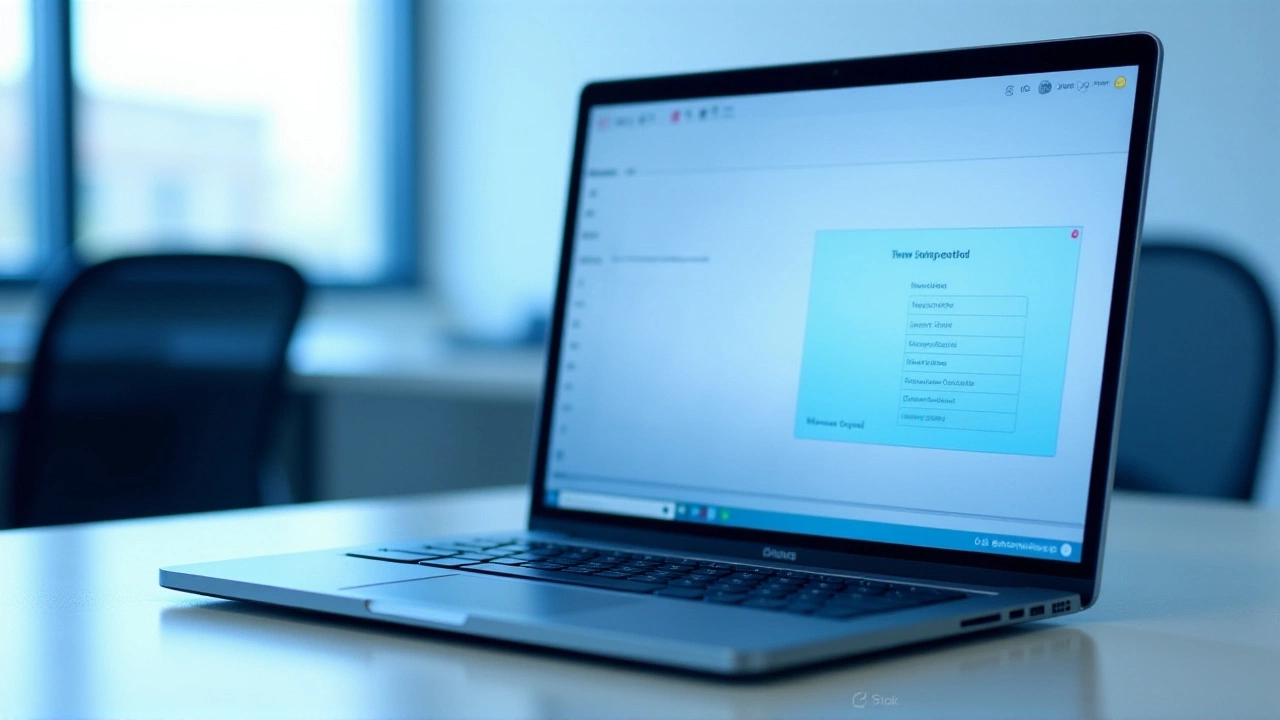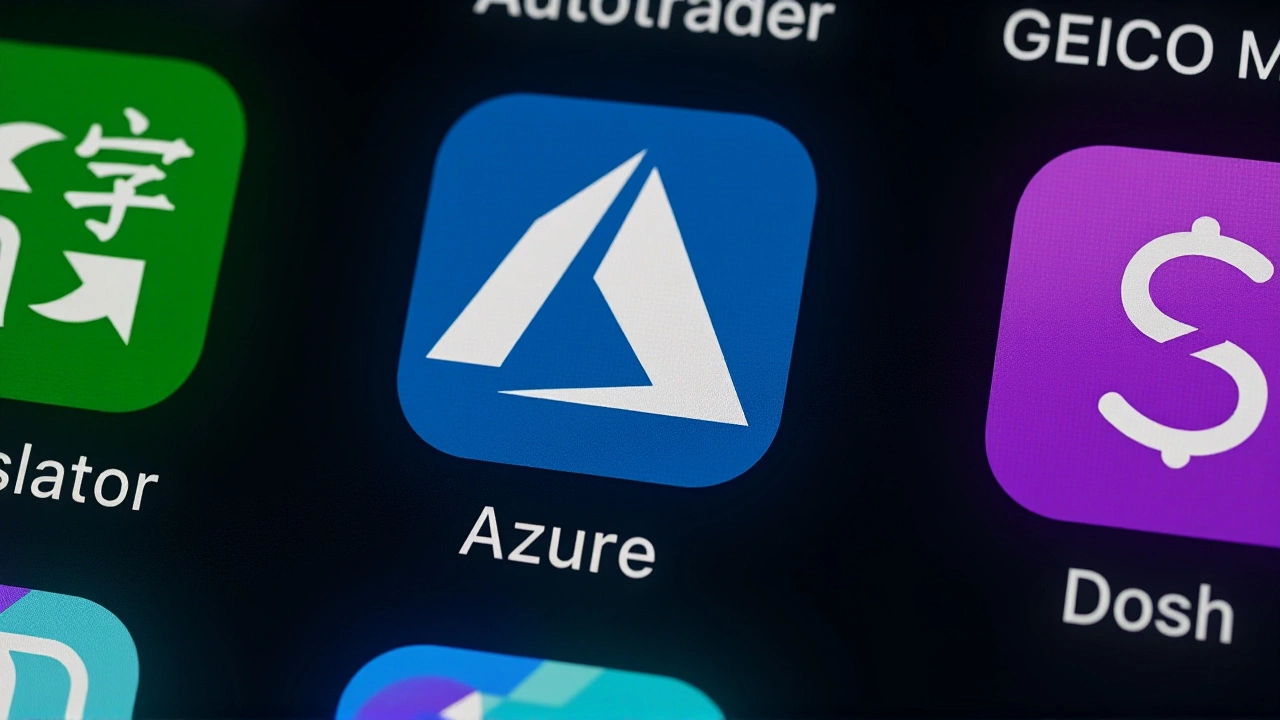On Microsoft Ignite 2025, Microsoft quietly changed how businesses find information—by launching the SharePoint Knowledge Agent in public preview on September 18, 2025. It’s not just another feature update. It’s the moment SharePoint stopped being a digital filing cabinet and started acting like a seasoned colleague who remembers every document, every meeting note, and every outdated policy—without being asked. And it’s already drawing over 1,800 enterprise tenants into its beta, all eager to see how AI can finally make their intranets useful.
From Search to Understanding
For years, SharePoint search felt like rummaging through a basement full of labeled boxes—except half the labels were wrong, and the person who labeled them left five years ago. You’d type ‘Q3 sales report’ and get back 47 versions, three PDFs from 2019, and a PowerPoint deck titled ‘Final_Final_v3_FINAL.pptx.’ The SharePoint Knowledge Agent fixes that. It doesn’t look for keywords. It understands context. Thanks to Microsoft 365 Copilot and Azure AI Search, it now reads between the lines—figuring out that ‘Q3 sales’ might mean ‘Q3 2024 US West Region Revenue Summary’ even if that exact phrase never appears in the file.
What’s more, it doesn’t just find things. It organizes them. The agent automatically tags documents with metadata—product names, expiration dates, compliance categories—based on content and usage patterns. A legal team can now ask, ‘Show me all NDAs signed in 2023 with vendors in Germany,’ and get a clean list with highlighted clauses. HR gets automated policy review alerts. Marketing turns rough ideas into branded pages with a single prompt. Sales reps pull technical specs from buried product manuals without digging through ten folders.
Controlled Rollout, Real Feedback
Microsoft didn’t flip a switch. They gave admins a dial. Before this, the only way to enable the Knowledge Agent was at the tenant level—meaning if you wanted to test it, you had to turn it on for your whole company. Now, you can pick individual sites. That’s huge. Teams can pilot it in the Finance department, see how it handles sensitive budgets, then expand to Legal before rolling it out globally. It’s a smart, cautious approach—especially when you’re asking people to trust AI with confidential contracts, employee records, and product roadmaps.
And Microsoft is listening. The company says feedback from early adopters is already shaping the next updates. One common request? More granular control over what content the agent can access. Another? Better handling of encrypted files. Turns out, even AI can’t read a document if it’s locked with a sensitivity label—unless you give it permission. Microsoft’s Understanding metadata in SharePoint feature, now generally available since Ignite, helps close that gap by letting Copilot reason over encrypted content without breaking compliance.
Third-Party Innovation Joins the Fray
While Microsoft builds the engine, third-party developers are building the dashboard. Inogic, a U.S.-based Microsoft partner specializing in Dynamics 365 and Power Platform, launched its own SharePoint Knowledge AI Search solution—powered by Azure AI and Copilot. Their twist? A conversational AI assistant called InoWiz that answers questions like a human would: ‘What’s the latest update on Project Phoenix?’ and then offers a summary, a deep dive, or links to the original files—all in plain English.
‘We’re not replacing SharePoint,’ said Vaibhav Ghorpade, Vice President of Technology at Inogic. ‘We’re helping people stop searching and start learning.’
That’s the real win here. It’s not about faster search. It’s about smarter work. When your intranet stops being a graveyard of forgotten files and becomes a living, breathing knowledge partner, productivity doesn’t just improve—it transforms.

What Comes Next?
General availability is set for early 2026. At that point, the SharePoint Knowledge Agent will be bundled with the Microsoft 365 Copilot license—no add-on, no extra cost. That’s a big signal: Microsoft believes this isn’t a niche tool. It’s core infrastructure.
But adoption won’t be automatic. IT departments will need training. Managers will need to explain why it matters. And employees? They’ll need to trust it. That’s the quiet challenge. AI can organize content. But it can’t fix a culture where people still save files on their desktops because ‘the intranet is too complicated.’
Still, the direction is clear. The future of enterprise knowledge isn’t in better search bars. It’s in assistants that know your company’s rhythm—the way teams collaborate, the documents they rely on, the questions they keep asking. Microsoft’s pushing that future. Now it’s up to organizations to step into it.
Behind the Scenes: How It Works
The SharePoint Knowledge Agent doesn’t just scan files. It learns from how people use them. If ten people open a contract every Monday, it assumes it’s important. If a page hasn’t been touched in two years but gets 500 views last month, it flags it as ‘rediscovered.’ It spots broken links, stale content, and missing approvals. It even notices when images in PowerPoint decks are referenced in text but not labeled—then auto-tags them.
It’s powered by Context IQ (CIQ), which rolled out globally in late February 2025. CIQ lets users narrow prompts to specific SharePoint sites or OneDrive folders—so you can ask, ‘What does our London office policy say about remote work?’ without getting answers from Tokyo or Toronto.
And yes—it works on encrypted files. Microsoft spent months solving this. Now, Copilot can understand content behind sensitivity labels, as long as the user has permission to view it. That’s a compliance breakthrough.
Frequently Asked Questions
How does the SharePoint Knowledge Agent improve search compared to traditional methods?
Traditional SharePoint search relies on keyword matching, often returning outdated or irrelevant results. The Knowledge Agent uses semantic AI to understand intent, context, and relationships between documents. For example, asking ‘Show me Q3 sales’ returns the correct report—even if the file is named ‘Q3_2024_US_West_Final_v2.pdf’—because it recognizes the content, metadata, and usage patterns, not just the words.
Who benefits most from the SharePoint Knowledge Agent?
Legal teams gain automated contract classification and clause extraction. HR gets automatic policy review reminders and compliance tagging. Sales and marketing access real-time product docs and branded templates. IT reduces maintenance by spotting broken links and orphaned pages. Essentially, any department that relies on internal documents sees time savings and fewer errors.
Is the Knowledge Agent available now, and how do I get it?
The Knowledge Agent is in public preview as of September 18, 2025. Organizations can opt in at the site level through SharePoint admin settings. General availability is planned for early 2026, and it will be included at no extra cost with a Microsoft 365 Copilot license. No separate purchase is required.
Can the Knowledge Agent handle sensitive or encrypted documents?
Yes. Since February 2025, Microsoft’s Context IQ and metadata understanding features allow Copilot to reason over content protected by sensitivity labels—provided the user has permission to view the file. This ensures compliance with data governance policies while still unlocking insights from encrypted documents.
How does Inogic’s solution differ from Microsoft’s native Knowledge Agent?
Inogic’s SharePoint Knowledge AI Search adds a conversational AI assistant called InoWiz, which offers tailored summaries and deep dives via chat. While Microsoft’s agent focuses on backend enrichment and Copilot integration, Inogic enhances the user interface with a more natural, dialogue-driven experience—ideal for non-technical teams who prefer asking questions like a colleague rather than typing queries.
What’s the timeline for full rollout?
Public preview began September 18, 2025, with over 1,800 tenants already participating. Microsoft plans general availability in early 2026, at which point the Knowledge Agent will be automatically included in Microsoft 365 Copilot licenses. Global rollout of Context IQ, which enables site-specific prompts, was completed by late February 2025.
